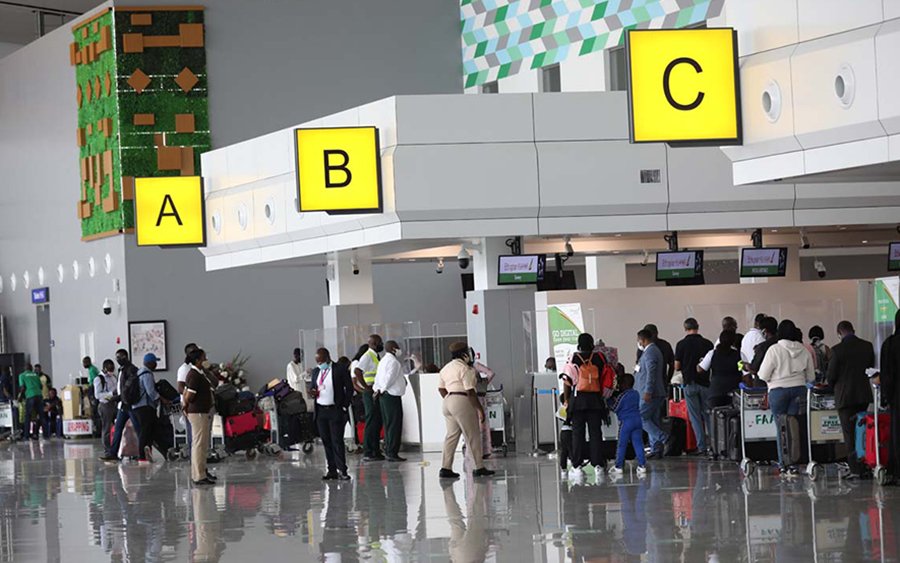
ABUJA, Nigeria – The International Air Transport Association (IATA) has warned that Nigeria’s aviation industry could lose growth momentum if high airfares and poor connectivity persist, despite contributing $2.5 billion to the country’s economy in 2023.
In its latest report, “The Value of Air Transport to Nigeria,” IATA described aviation as a vital economic driver, enabling trade, tourism, and investment, but said affordability issues could limit accessibility for millions of Nigerians.
“Aviation is a cornerstone of Nigeria’s economic growth,” IATA stated. “But for the sector to reach its full potential, barriers to affordability and network access must be addressed.”
According to the report, the sector directly generated $702 million in output and 39,500 jobs, representing 0.2% of Nigeria’s GDP. Its broader impact, including tourism and supply chain activities, brought the total contribution to $2.5 billion.
However, the report noted an affordability gap: Nigerians must work an average of 37.6 days to afford a plane ticket. While real airfares fell 43% between 2011 and 2023, global fares dropped by 70% over the past five decades.
The study added that only 40 flights per 1,000 people were recorded in 2023, and international traffic accounted for just 23% of total departures. Connectivity within Africa declined 1.5%, while intercontinental routes fell 21% since 2014.
“While aviation connects Nigeria to global opportunities, it remains out of reach for most citizens,” IATA said.
Despite rising domestic fares — now averaging ₦70,000 per one-way flight — IATA stressed that Nigeria’s aviation sector still holds strong potential to drive trade, innovation, and economic growth if cost and access barriers are addressed.




